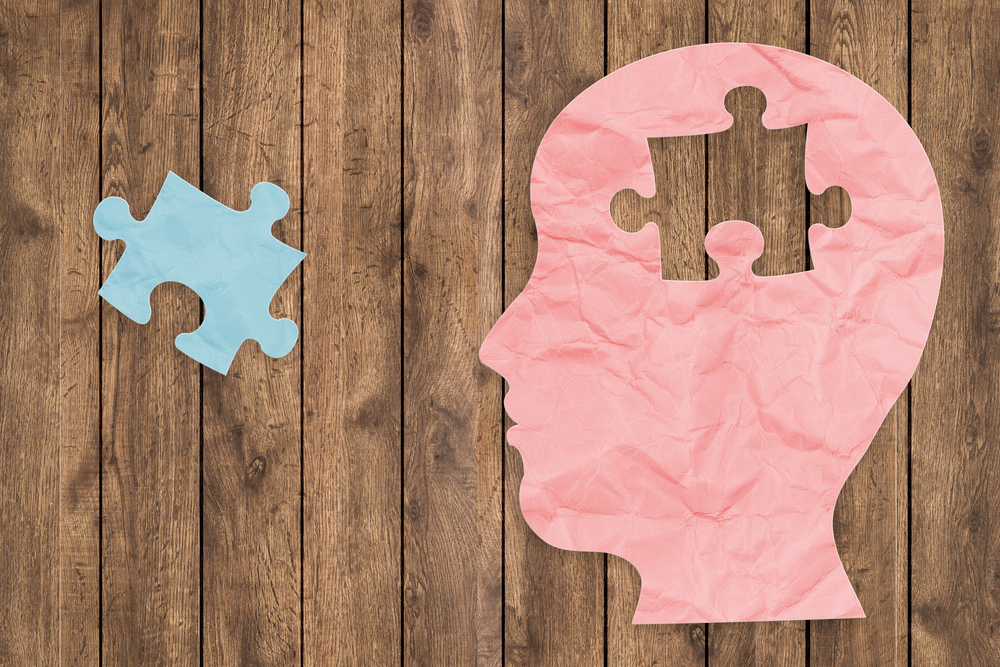Mental Health and Lupus: It’s Okay Not to be Okay


Good health too often is thought of solely in the physical form. In this society, we put so much emphasis on the state of our bodies, yet neglect to pay attention to the state of our minds. Truthfully, I never used to give much thought to the place I was mentally, but one day that all changed. It changed when it became so bad I had no choice but to face it head on.
Poor mental health doesn’t just happen overnight. Like everything else in life it builds up slowly, little by little, until eventually you find yourself in a place you didn’t know you were headed — and definitely don’t want to be.
I’m not ashamed to admit that I not only have seen a counselor, but continue to see one once every two months. I’m in the best headspace of my life due to regular mental health sessions, and no amount of stigma would stop me from admitting that, or recommending it to anyone who may need it.
I can recall my worst descent into poor mental health. It happened over a matter of months, initially caused by a relationship breakdown and further enhanced by undiagnosed lupus. It was like drowning, even though I knew perfectly how to swim, sitting just under the surface able to see the air but unable to make that small distance to take a breath.
The darkest moment of my life will stay with me forever. I’d spent months feeling like I wasn’t myself; forcing myself to smile when I felt like doing anything but, and wishing that I’d just wake up one day to realize this wasn’t actually my reality.
But my nightmare wouldn’t end. It only got worse. And as much as I tried to fight it, I was overwhelmed by a sadness and a hopelessness that completely tore down my spirit.
Hours before being admitted to emergency for what would turn out to be a lupus diagnosis, my downward mental health spiral hit a new low. As I lay there on the couch, limp and distraught, an understanding came over me. While I didn’t feel suicidal, I truly began to understand how someone could be led down a path to where they would feel that way.
The months after being diagnosed with lupus I spent my time ping-ponging between feeling broken, frustrated and angry, and on my best days maybe not happy, but somewhat better.
I never had to fight so hard for happiness; I had always assumed it was a given. But I quickly learned if I wanted a positive headspace, it was something I had to earn. It would not be handed to me.
I didn’t have trouble admitting that I had a problem with my mental health, for me that part was clear and easy. My problem was my impatience with the ascent back to a good headspace. But slowly and surely, with the patience and help from amazing family and friends, along with journal writing, plenty of mindfulness and a new life approach of self-love, I’ve made it to a place of happiness and acceptance.
The hardest part about being happy is knowing that inside me is something that makes me more susceptible to depression and anxiety. It can potentially take all I’ve worked for at any given moment.
But I won’t never be ashamed to admit just how far I fell. There is not a person walking this earth who can say they haven’t at one time or another struggled with their mental health.
If you’re reading this, I know that everyday a war goes on inside you — one you didn’t sign up for — and that sometimes a single smile for the day is all you can manage. And that’s more than okay!
If you find you’re struggling, I want you to know you’re not alone and there are people out there who know exactly what you’re going through. If you’re not doing so well, it’s more than okay to admit it and seek help.
It’s not how we fall that defines our weakness, but how we rise that defines exactly how strong we are. And you’re strong beyond belief.
***
Note: Lupus News Today is strictly a news and information website about the disease. It does not provide medical advice, diagnosis, or treatment. This content is not intended to be a substitute for professional medical advice, diagnosis, or treatment. Always seek the advice of your physician or other qualified health provider with any questions you may have regarding a medical condition. Never disregard professional medical advice or delay in seeking it because of something you have read on this website. The opinions expressed in this column are not those of Lupus News Today, or its parent company, Bionews Services, and are intended to spark discussion about issues pertaining to lupus.






Allison Taylor
This, and all of the other articles are so very helpful. I have felt so alone and so guilty for so long, but I feel so grateful to have so support and some solutions.
Thank you,
Allison
I tried the link on several pages to receive the newsletter with no luck. Can you please add me to your list.